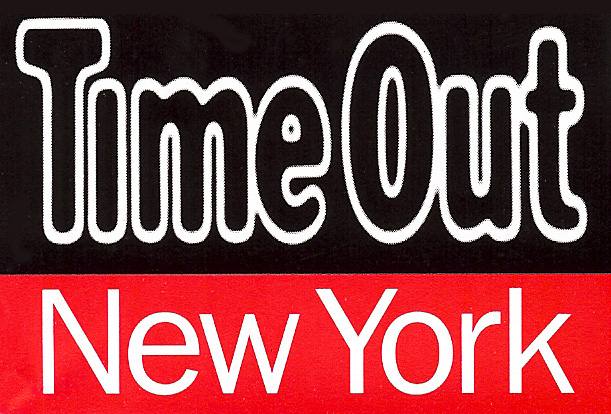Inspired by abstract visual artists, notably Wassily Kandinsky, Alexander Calder and Otto Piene, Everything Starts from a Dot is an abstract journey of a humble dot presented through Microscopic Live Cinema-Theatre, combining video projection and the presence of moving objects on stage. Sachiyo Takahashi took time out of performances to answer our 6 questions:
1) Do you have a favorite puppet in your
performance?
Dot. Dot is possibly one of the most minimalist puppets. My
interest in puppetry is how to animate an object and to express myself through
the object. I like the challenge of animating this minimalist object (or
concept) as a protagonist of a story. The interesting characteristics of dot is
that it could appear in different sizes, different materials, different colors
and it still could be recognized as the same existence. Also, it could be
metaphorical, conceptual and poetic. I think that dot is a perfect protagonist
for a story of metamorphosis.
By the way, “dot”
is actually a member of Nekaa Lab. Under the name of Nekaa Lab, I have been creating
works with a troop of ensemble casts such as figurines, plush toys and other
objects since 2006. In that sense, I usually consider “dot” as my collaborator, not exactly a
puppet. See dot’s profile here: http://www.nekaa.org/lab-member.
2) How do you define Microscopic Live
Cinema-Theatre?
Microscopic: Microscopic Live
Cinema-Theatre magnifies the discoveries in the small world. Microcosmos
contains macrocosmos. Thus, magnification of the small world could reveal the
secrets of the universe. I use video cameras and projector as a magnification
tool to share my small discoveries with audiences.
Live Cinema-Theatre: All the visuals
in Microscopic Live Cinema-Theatre are a live feed from a video camera
controlled on stage, without the use of pre-recorded footage. A performer (in this case, myself)
manipulates all the visual elements live in front of audience. This is because
I compose all the visual elements similar to the way I compose music, and they
are design to be performed live, like a musician plays a musical instrument.
Therefore, a performer in Microscopic Live Cinema-Theatre is visible on stage,
like an instrumentalist in a music concert. The word Theatre also emphasizes
that it is a platform of live storytelling.
3) What inspires you about Wassily
Kandinsky's art?
He is one of the first artists who
explored full potential of abstract painting. After him, point, line, shape and
colour in the paintings for the first time became independent from serving the
function of representing things in real world. Abstraction could instead reflect the
realm of the mind, emotions, spirituality. Everything Starts from a Dot also explores this territory.
The way he looked at the world indeed
influenced the way I look at things; I started to see a dot here. I mean,
here. Do you see it?
4) Is there spoken text in your
production? Why or why not?
There is no spoken text in this
production. Everything Starts from a Dot is an experiment in abstract
storytelling. So I decide to only use abstract visual and auditory elements
in this work without spoken languages.
I am a strong believer in the power of
spoken or sung text, especially in the traditional storytelling forms such as Gidayū-bushi
in Japanese Bunraku puppet theatre. Spoken text, in my view, is so powerful
that if it is not carefully used, it could undermine the other performative
elements. I practice Shinnai-bushi, a type of Japanese traditional
storytelling myself, so I am thinking to create a work focusing on spoken/sung
text in near future.
5) Why is music important in your
production?
I am primarily a composer and
musician. I compose visual and auditory elements simultaneously. Perhaps that
is the most unique feature of my work. The visual and auditory elements are
designed to intertwine each other to evoke certain emotions. In my work, the
visual without sound doesn’t make any sense. What you feel watching my work
largely relies on the effect of soundtrack.
6) What does working at La MaMa mean
to you?
The other day, I had a chance to peek
at the archive room of La MaMa. It was such a wonder. I am so honored to be a
part of this creative, experimental history of NYC. Since my work doesn’t fit
in any existing genres, I often feel myself isolated and marginal. At La MaMa,
I feel quite comfortable being on the edge, meeting like-minded artists and
audiences. This place reminds me again if you like to see something new, you
just need to go all the way to the boarder, a frontier.
--
November 08 - November 10, 2018
Downstairs | 66 East 4th Street
Thursday to Friday at 8:30PM; Saturday at 7PM
$25 Tickets; $20 Student/Senior Tickets [+$1 Facility Fee]





































